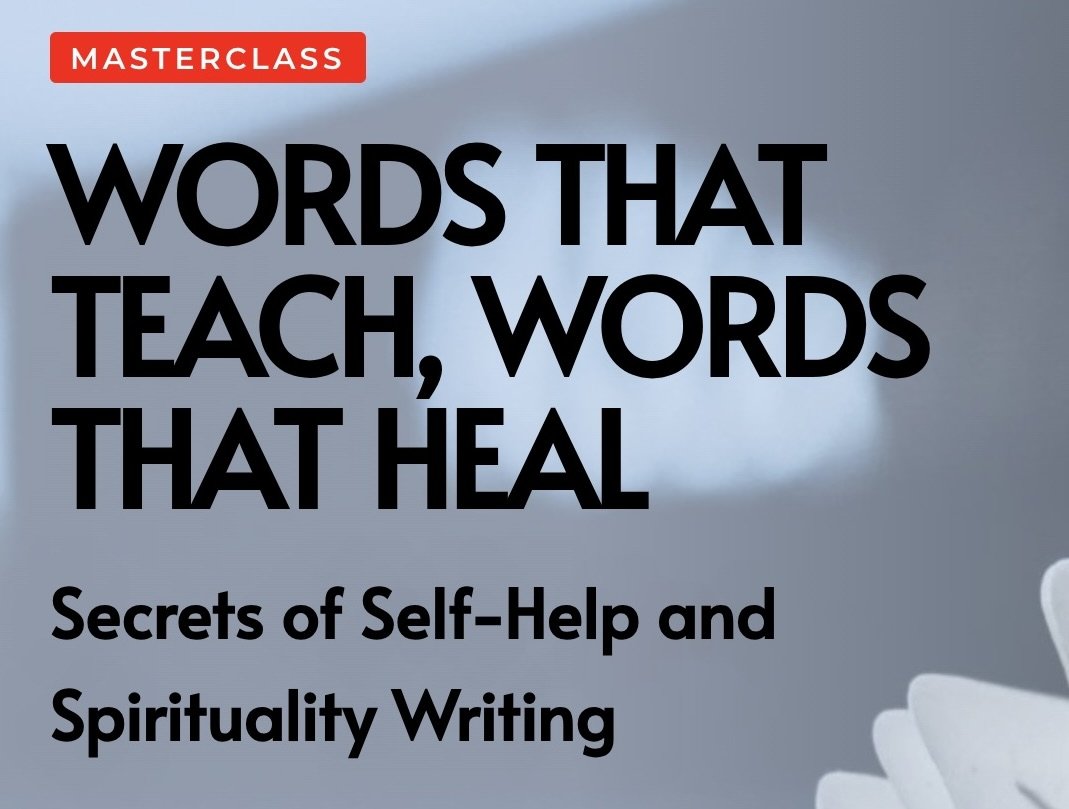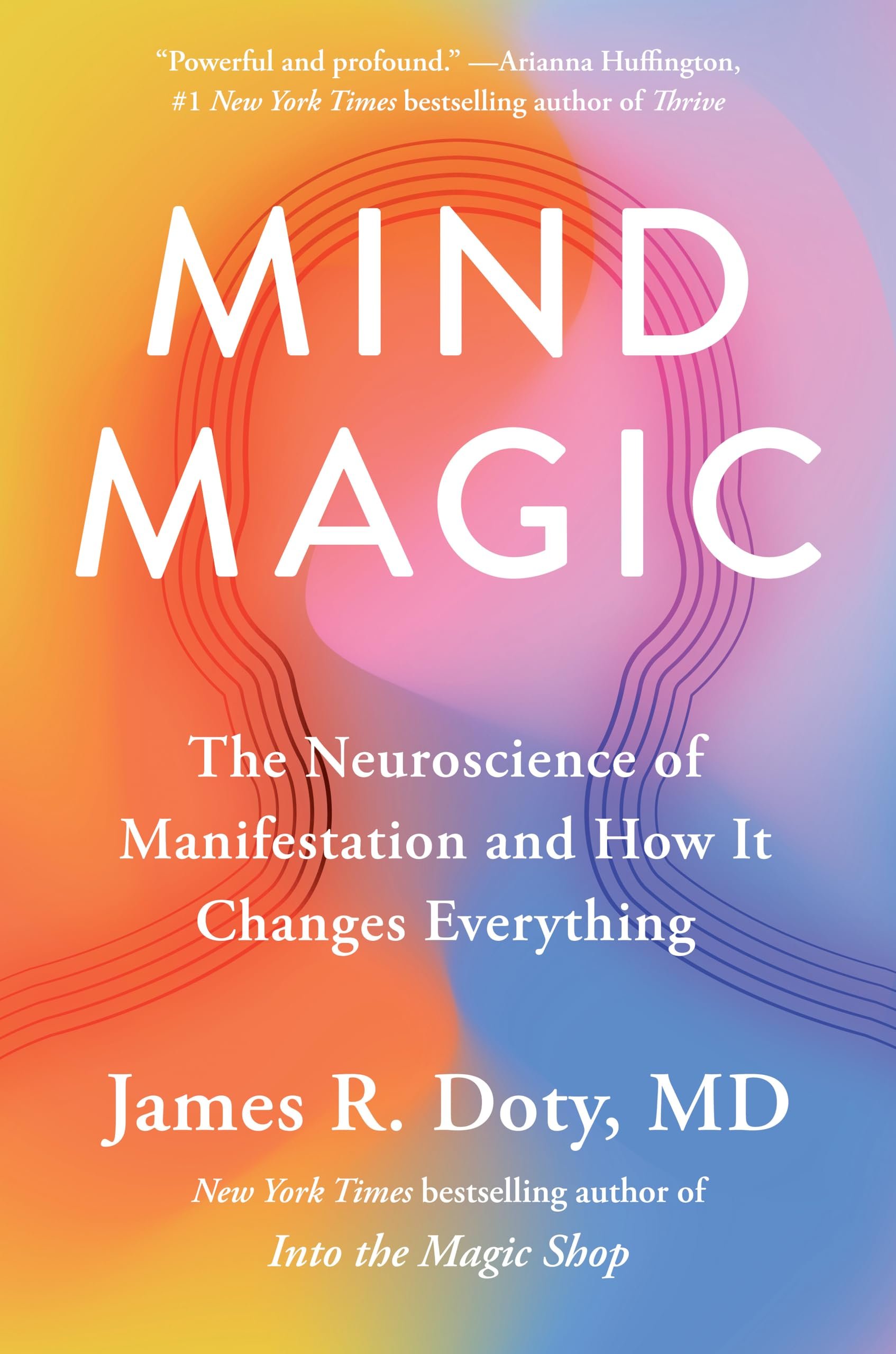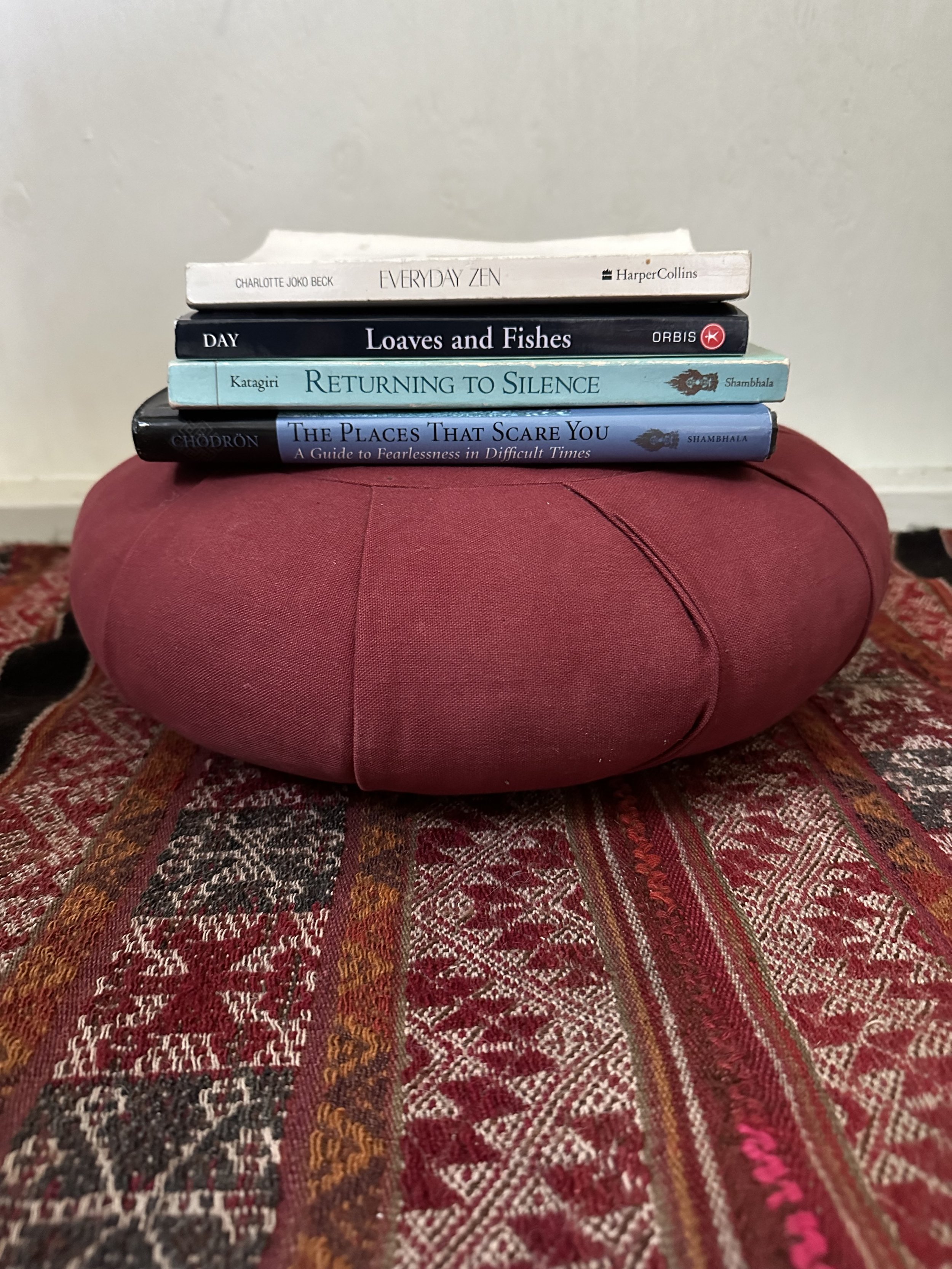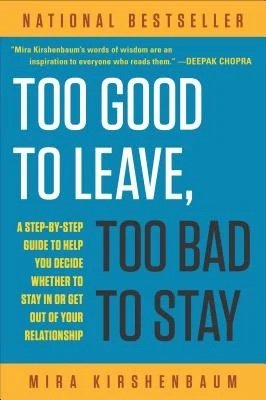
3 Great Self-Help Books Written by Therapists
Therapists make great self-help authors—and these books are examples of why.

Writing the Self-Help Memoir
Is your memoir on a mission? Here are my best tips for helping others by sharing your personal story.

Why Intellectual Humility is Crucial for Self-Help Authors
Being a great self-help author doesn’t mean you have to know all the answers. In fact, sometimes your best skill is admitting when you were wrong.

How Books Work: Mindful Eating, by Jan Chozen Bays
Don’t make this one huge mistake when sharing personal stories in your self-help book.

10 Skills You'll Master in my Self-Help Writing Class
Think your wisdom deserves a place on bookshelves? Make sure you have these ten skills.

Write This, Not That! Making the Most of Your Materials
Don’t make these beginner mistakes when writing your self-help or spirituality book.

How Books Work: Eat, Pray, Love by Elizabeth Gilbert
How can you captivate readers when writing about deeply personal experiences? Eat, Pray, Love offers some clues.

How Books Work: The Experience of Insight, by Joseph Goldstein
If you’re teaching a specific technique or practice in your self-help book, The Experience of Insight is a great model for how to do so compassionately and effectively.

How Books Work: Mind Magic: The Neuroscience of Manifestation and How it Changes Everything, by Dr. James Doty
Are you working on a book that brings legit science to a woo-woo subject? James Doty’s Mind Magic is the blueprint you need.

The 10 AI Prompts Every Self-Help Author Should Be Using
AI tools like Claude and ChatGPT can be a godsend for self-help authors with mountains of material to organize—if you know how to use them properly.

Borrowed Wisdom: Using Quotes and References in Your Self-Help Book
Are you allowed to quote other authors in your self-help book? What about using an exercise you learned from someone else? Find answers here!

How Books Work: Why Does He Do That? Inside the Minds of Angry and Controlling Men, by Lundy Bancroft
Lundy Bancroft's Why Does He Do That? is a self-help book which has literally saved lives. Here's how he did it--and how you can do it too.

When Self-Help Books Don’t Actually Help
A 2008 study found that many popular self-help books contain these four fatal flaws. Don't let your book be one of them!

Why Did You Cut That?
What's the difference between amateur self-help and spirituality authors and professional ones? Their mastery of one core skill.

What, Why, How: The Three Pillars of Self-Help Writing
Don't submit your self-help book to agents or publishers until you've answered these three questions!

Thinking Beyond the Book
If you’re a self-help author, your book is just one piece of a larger relationship with your audience—a relationship that may also include live or online classes, social media, one-on-one coaching, and in-person workshops and events.

The Elements of Self-Help and Spirituality Writing
There’s no need to reinvent the wheel! Most self-help and spirituality books are made from a small handful of familiar elements, expressed in artful ways.

A Blueprint for Your Self-Help Book’s Introduction
Want to start your self-help or spirituality book off on the right foot? Use my free blueprint to write a powerful and compelling introduction.

A Day in the Life of a Self-Help and Spirituality Ghostwriter
Whether it’s interviewing a shaman or researching Buddhist philosophy, a day in the life of a self-help and spirituality ghostwriter is filled with variety.

How Books Work: Too Good to Leave, Too Bad to Stay
Mira Kirschenbaum’s Too Good to Leave, Too Bad To Stay is a beautiful example of laying out a compelling pain point and promise. If you’re writing a self-help book, you can do the same!